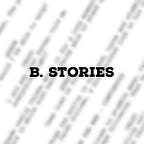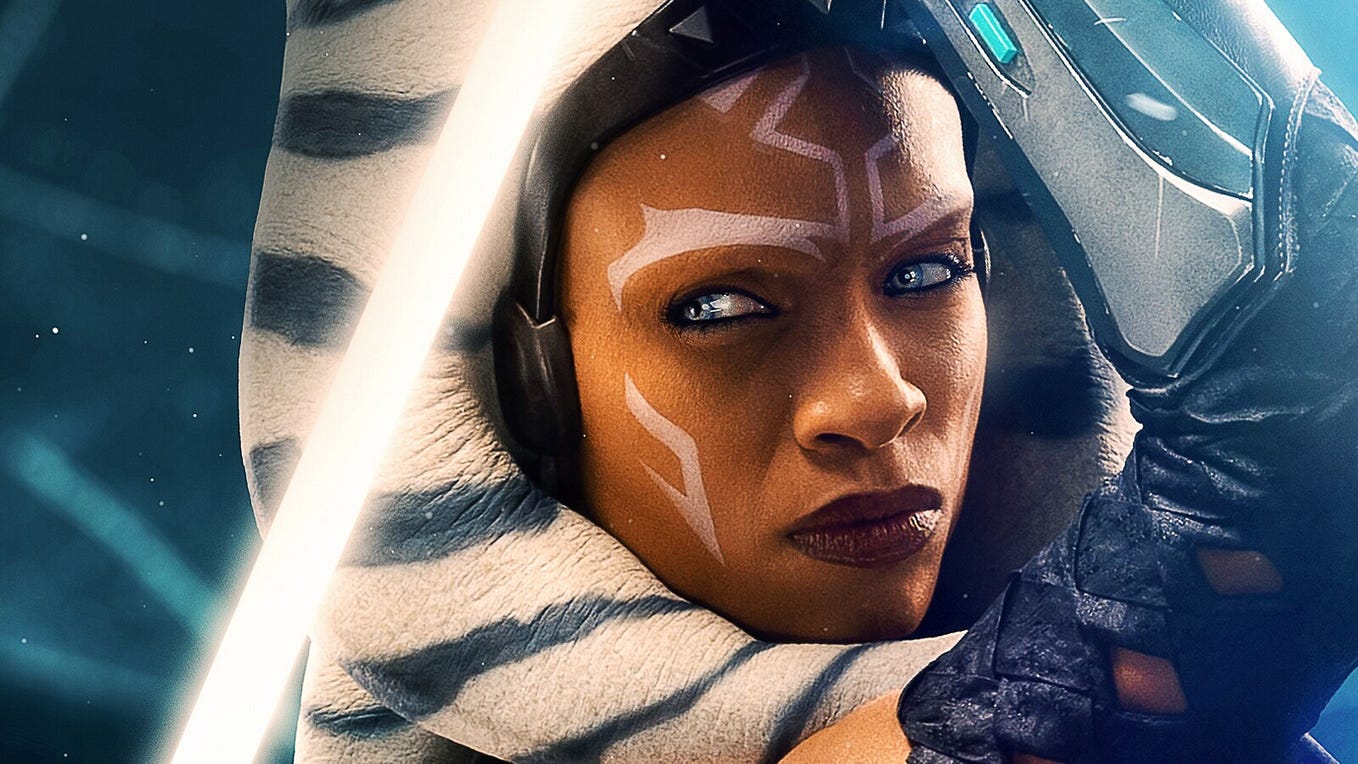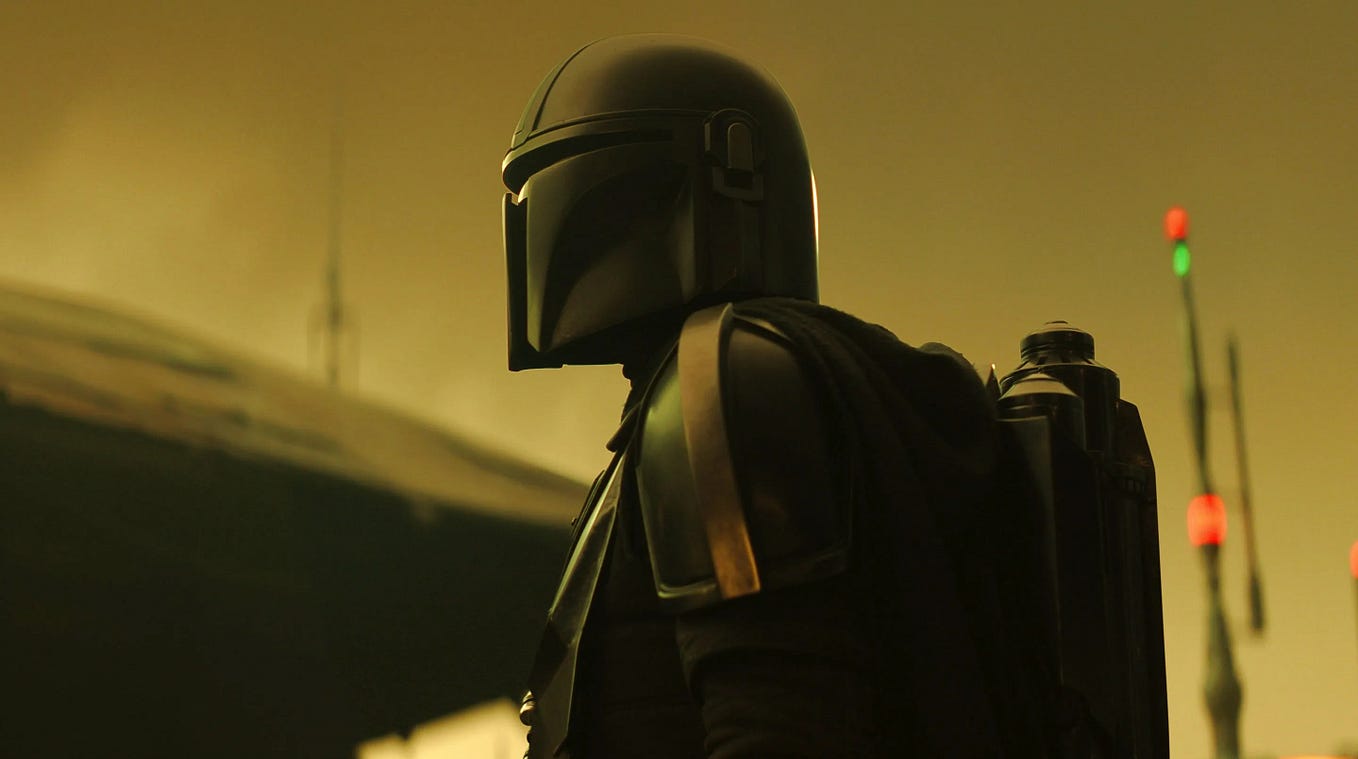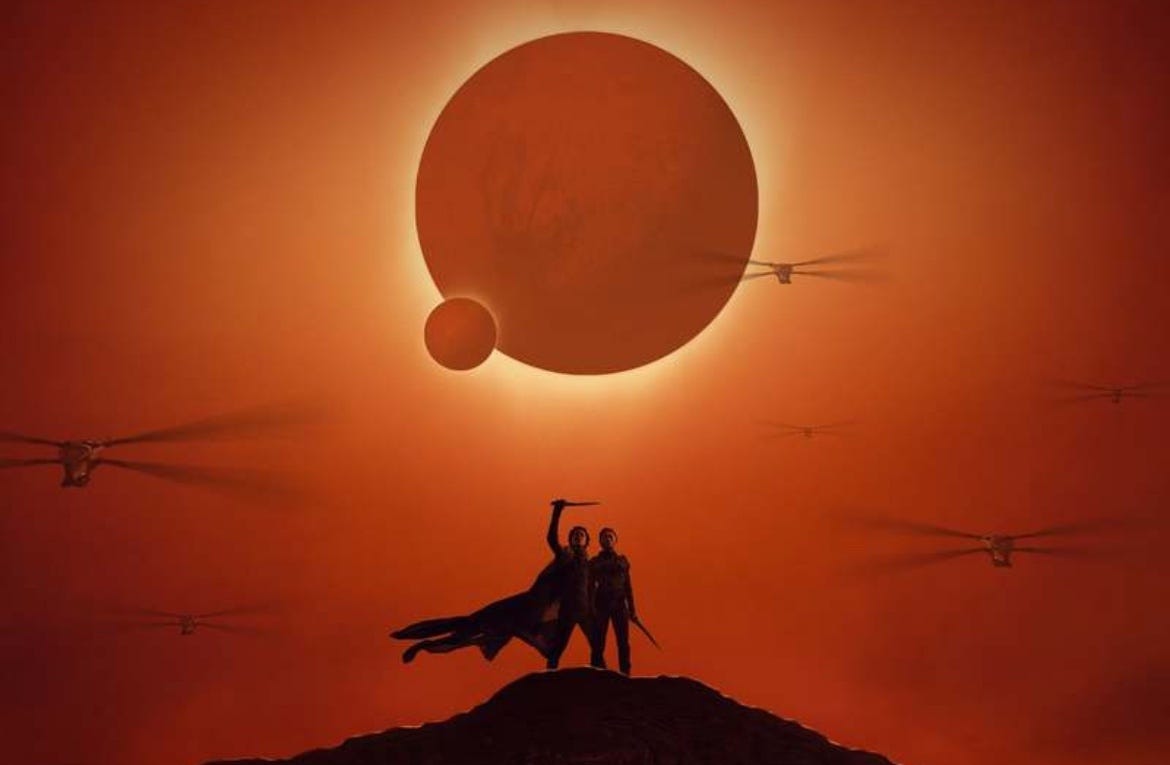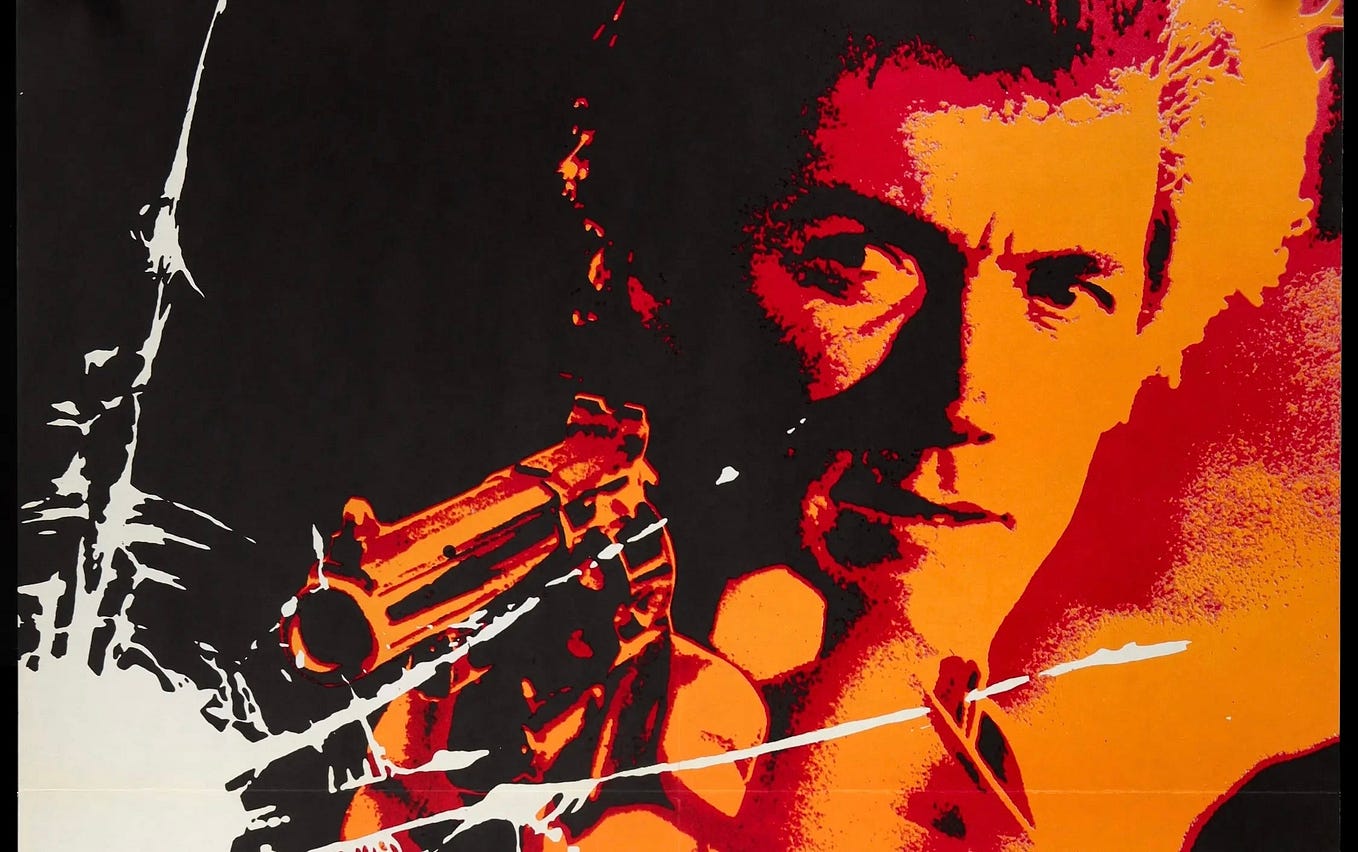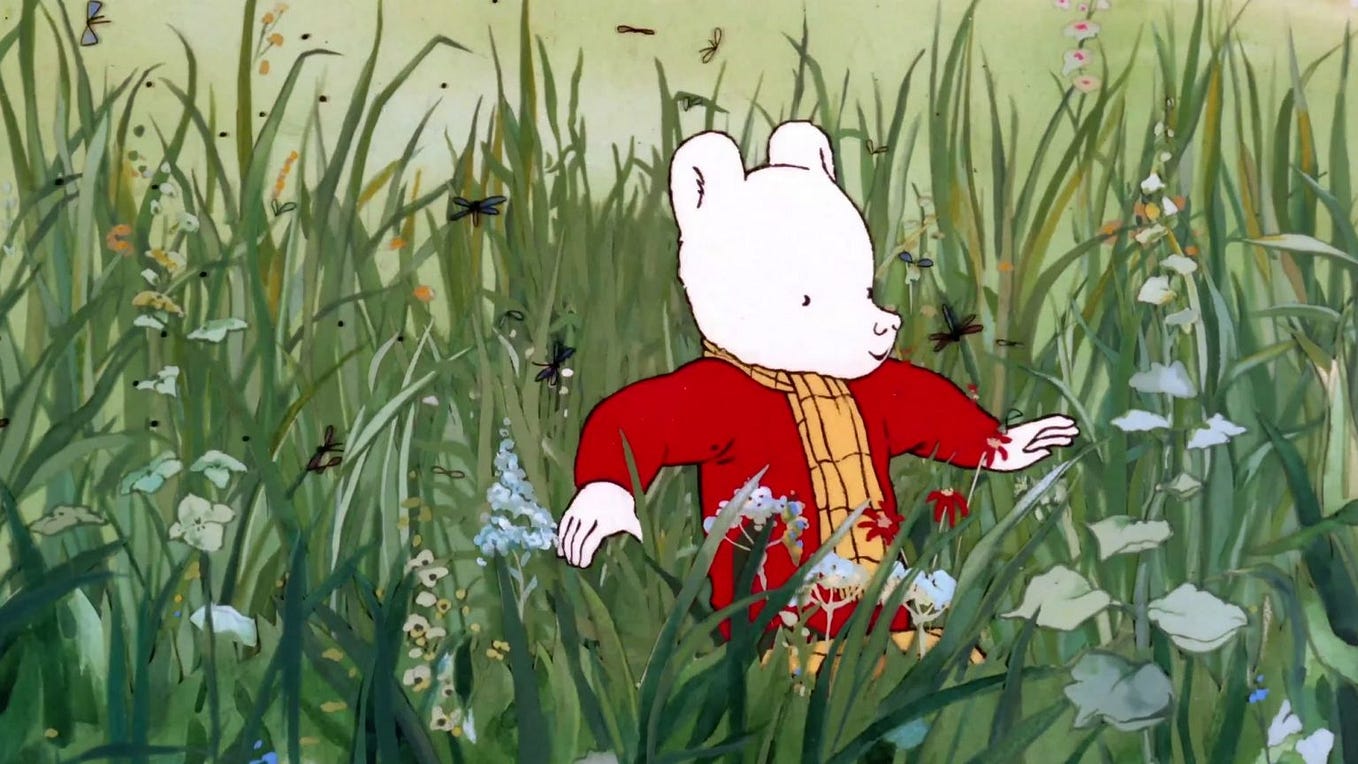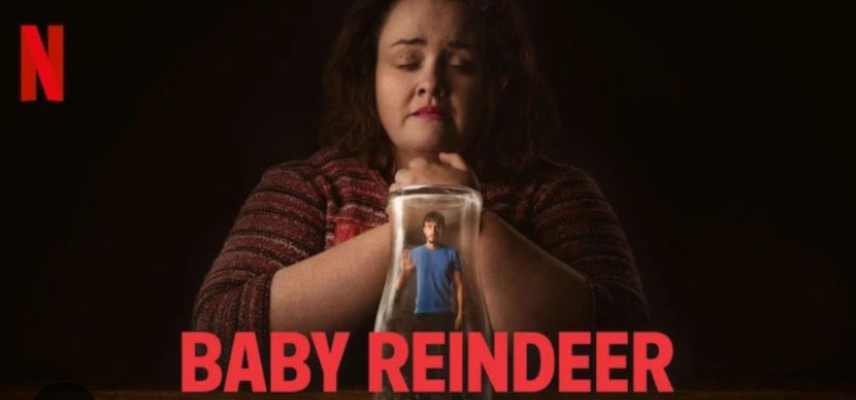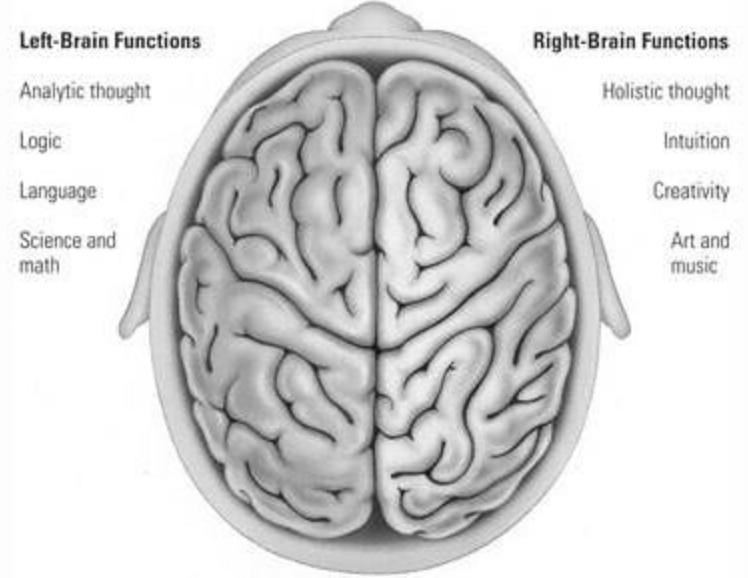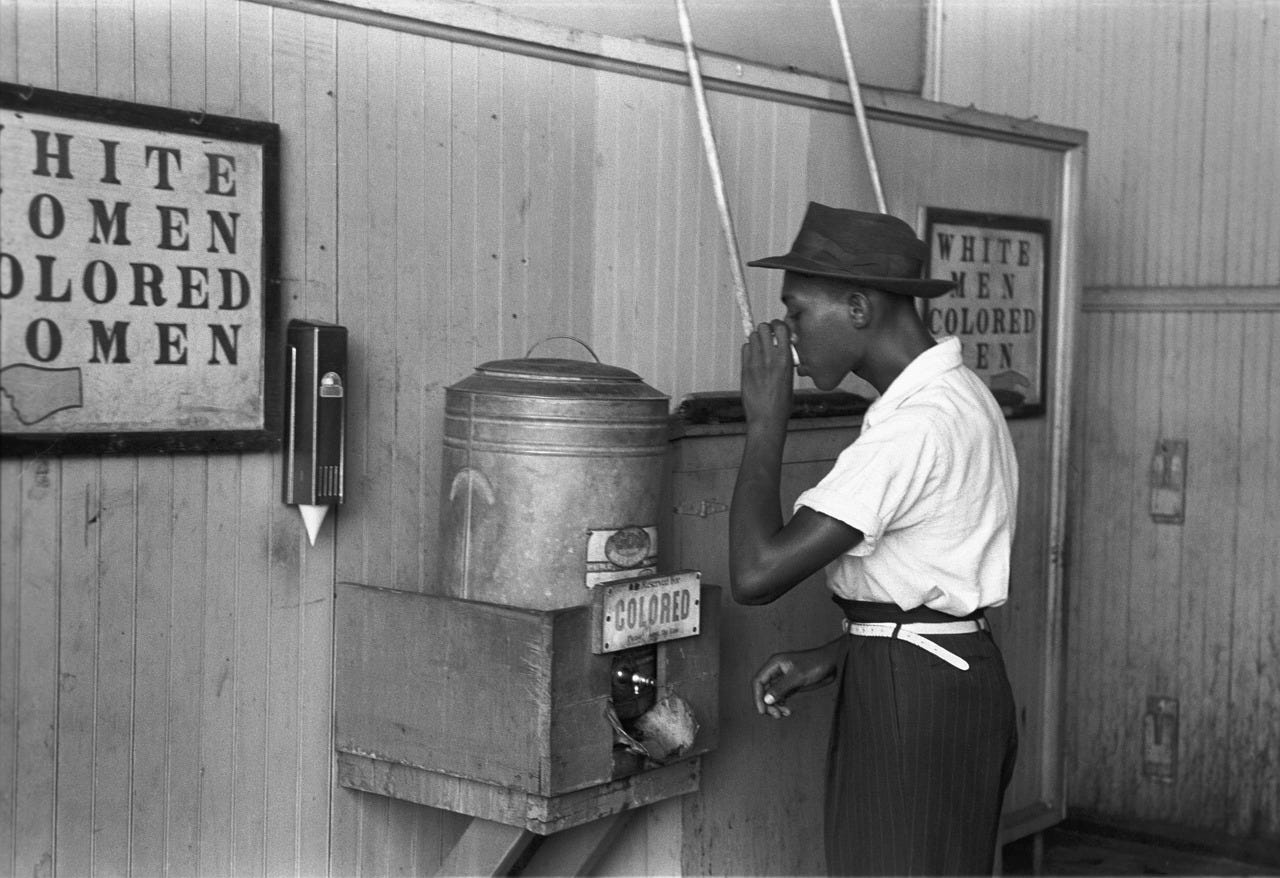Stephen King’s The Dark Tower – The Last Essential Adaptation
We talk about Dune, we talk about The Hobbit and more recently we talk about A Song of Ice and Fire. If Dune is the quintessential sci-fi novel and The Hobbit, fantasy, then The Dark Tower is sci-fi, fantasy and horror rolled into one masterful ball of must-read storytelling. Is the last essential book to film adaptation closer than we think?
So, What is The Dark Tower?
The Dark Tower is a series of eight novels and one novella that follows the character Roland Deschain across the multiverse as he attempts to defeat an evil power at the center of it. But it’s also so much more than that. Pulling inspiration from various other works in various other mediums, Stephen King began working on his magnum opus in the 70s’ as a bit of a creative experiment that he returned to multiple times between the completion of other novels. In later years he would describe Roland’s story as being the most important in his career, drawn to it like a gravitational pull, The Dark Tower found ways to return to King’s life at various times throughout his life. Eventually completing the series in 2004, The Dark Tower is a decades long experience for the acclaimed author, that sits at the center of his prolific library of work. The series Follows The Gunslinger Roland Deschain and his “ka-tet” (the term created by King meaning a group of people bound together by destiny, fate or “ka”) including Eddie and Susannah Dean, Jake Chambers and his pet “billy-bumbler” Oy, and later Father Donald Callahan. Although there have been many “ka-tets” in King’s stories, this one is the most important. Bound together to save the multiverse, Roland and his found family embark on many journeys, face many enemies, and unearth many discoveries throughout the series. The Dark Tower takes place mostly on Roland’s home world “Mid-World” which is a world separate but similar to ours (“Keystone Earth” being the term for it in this story). Resembling much of America’s Old Wild West, Mid-World was protected by The Gunslingers of the line of Eld, who are the guardians of the multiverse and have gone extinct. Roland is the last of his kind and in a world that is basically falling apart. Roland’s purpose becomes preventing the same thing from happening to all worlds. The rest of Roland’s “Ka-Tet” are mostly from “Keystone Earth” which is our earth. Eddie, Jake, Susannah and Callahan are brought into the story by fateful circumstances. Roland’s world is a place of magic and advanced technologies that have either faded away or fallen apart. Much of the series finds our heroes discovering truths they will need to know or artifacts they will need to obtain in order to defeat the evil at the center of all things. The Dark Tower holds the multiverse together but is threatened by the control of the stories main antagonist, The Crimson King. Other main villains in specific books include characters like Mordred, Rhea of the Coos and of course The Man in Black. Aside from these characters, Roland and the others find the demons of “Todash Space” slipping through the cracks at every turn. They continuously find their way into the other worlds with the help of The Crimson King and his disciples. “Todash Space” is often described as a dimension between worlds in the multiverse and houses its most terrifying evils (and yes, this is where the horror comes in). Gunslinging, witches and magic is where the fantasy lies, multiple dimensions, advanced artifacts and… Stephen King? Yeah, there’s plenty of science fiction. But where King imbeds his unique touch is through the horror that acts as the series’ overall syntax. It simply wouldn’t be Stephen King literature without that necessary touch. All in all, King created an incredibly rich and detailed I.P that matches the likes of Star Wars, Dune and Lord of the Rings. And he did it to a level of artistry and a level of mastery the likes of which we’ve only seen in cinema.
The Stephen King Literary Universe
The most impressive feat of The Dark Tower is that it became so much more than a singular narrative for Stephen King. As mentioned, he was drawn to it and drawn back to it at various different times throughout his career. But furthermore, King sites the world of The Dark Tower series as the engine through which all of his stories run. This naturally found overarching elements for his entire catalog of works. Yes, even before Marvel or Tarantino were testing the idea of overarching continuities, Stephen King was almost unintentionally doing it first. King has claimed that characters from his multiverse have popped into his stories time and time again and that the rules of The Dark Tower series have applied in every other novel to some extent (the “shine” alone is a great example). The Dark Tower sits at the center of all his stories, holding them together and existing in the same multiverse. So basically, it’s all connected. This has always made experiencing King’s other works even more interesting. What nod to The Dark Tower could there be? Many examples of this can be sited. Something as basic and simple as “ka-tets” existing in numerous of King’s stories, whether it be It (1986), The Body (1982), The Stand (1978) or Dreamcatcher (2001). Or something more blatantly obvious as characters popping up in multiple novels. Roland’s own “Ka-Tet”included Father Donald Callahan at one point, a major character in another King novel, Salem’s Lot (1975). Or Walter a.k.a The Man in Black a.k.a Randall, showing up as a villain in other works, including The Stand. But the most tantalizing part of these connections is when you know that “Todash Space” exists in King’s universe. This means that any time something evil finds it’s way into our world, we know that it’s coming from there. King novels are known for their monsters and you can’t unknow what you know once you’ve experienced The Dark Tower. It’s terrifyingly brilliant when you suspect that Pennywise the Clown, El Cuco and Dandelo all come from the same place (most likely). It’s all a bit dense but incredibly intoxicating to explore. The connective tissue is there, but it’s also just one element of an all around exhilarating adventure in contemporary literature. The greatness of King’s specificity, character development, world building and genre mixing will always make this series a fun ride. Escapism reaches its peak potential when in the form of surrealist genres. There’s something conventional about discussing humanity, history and the human condition in drama’s purest form. It can be much more complex, insightful and creative to craft an obscure piece of fiction and still express ideas about our species. This is what science fiction, fantasy and horror have to offer. And one of the most masterful constructions to come out of these genres will forever be, The Dark Tower. So, what’s taking so long? Why hasn’t it been properly adapted? And are we close to the last essential adaptation?
Poor Attempts, Unique Takes and Future Hopes
It’s not like no one has tried. For starters, it wasn’t that long ago that some of us believed we were finally getting the movie franchise version of it all. Instead what we got was all seven books crammed into one unwatchable movie. 2017’s The Dark Tower starring Idris Elba as Roland and Matthew McConaughey as Walter actually looked interesting. With bold casting and tantalizing visuals, the film looked hopeful. Looked of course, is the key word there. With seven movies, one for each book, maybe there would have been a better adaptation overall. But boy did that fail, miserably. Other adaptations have been in other mediums including games, audiobooks and graphic novels. The graphic novels are perhaps the most successful, but act more as an expansion of the story rather than a straight forward adaptation. While some books have been adapted, the real success of the graphic novels is with the Beginnings arc. Following the events that led up to the books and also covering moments from Roland’s past, The Dark Tower: Beginnings is rich with material and fun as hell to explore. But ultimately we have ended up with more adaptable material for the screen. Artists and storytellers may be too afraid to touch it, believing it’s a material incredibly difficult to construct or a brilliance too difficult to replicate. The 2017 film which is often described as a sequel to and direct adaptation of the books, is the only attempt to bring the series to the screen. The rights have certainly been tossed around over the decades and now sit with Amazon. Their track record of late does give us hope. Amazon has been able to boldly go where no studios have before. This is continued with the successful recent adaptation of the hit video game Fallout. It may finally be in the right hands. It was most recently announced that the series would finally be adapted to a television show with Mike Flanagan expected to develop it. Flanagan is most likely a safe choice and assuming nothing changes could possibly do this series justice. A through and through horror and Stephen King fan, Flanagan has already successfully adapted at least one King work to the screen with his 2019 film Doctor Sleep. If the Dune hysteria has shown us one thing, it’s that audiences don’t yet realize what they are truly missing until you give it them. Dune was in a similar position some years ago with mediocre attempts and everlasting hiatuses of studio workings. Look at that I.P now. The Dark Tower probably also belongs on the big screen but is now more likely to stay in your living room. Either way, the medium is less important than the overall execution. The Dark Tower is precious and distinct, it must be handled with extreme care if it is going to be done right. There is hope yet and although it is probably essential to see this last greatest epic of literature brought to the screen, it is also true that some things must be left alone. Only time will tell which applies to Stephen King’s The Dark Tower.
Images property of Signet/Viking/Scribner/Grant, and Marvel/Gallery 13
-By Ben Morganti
